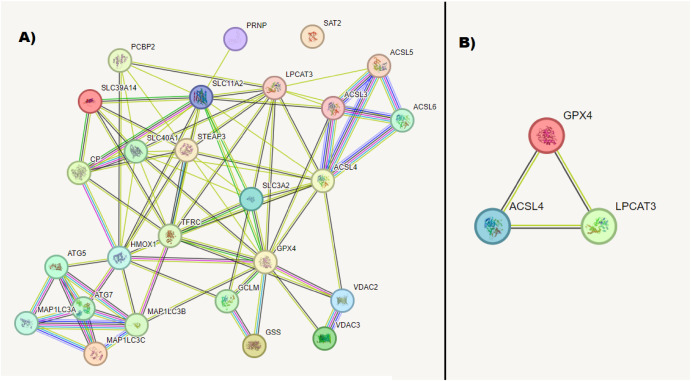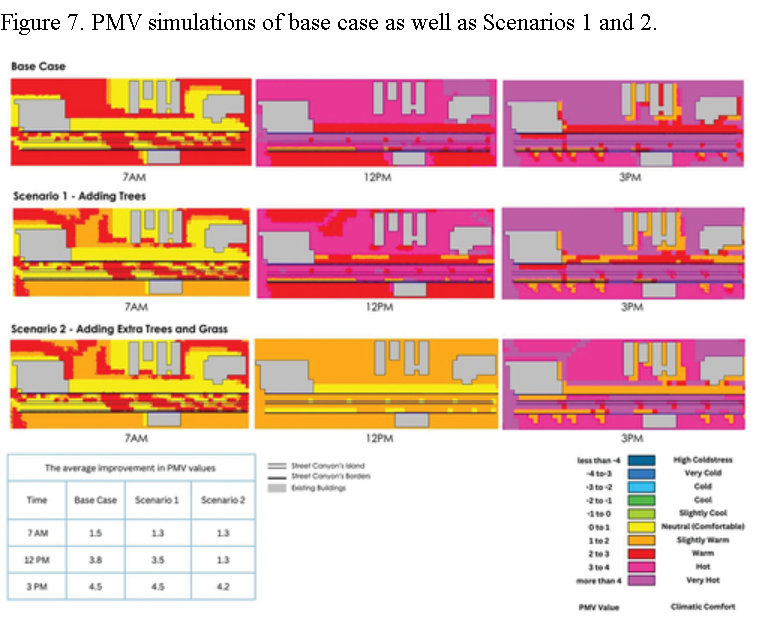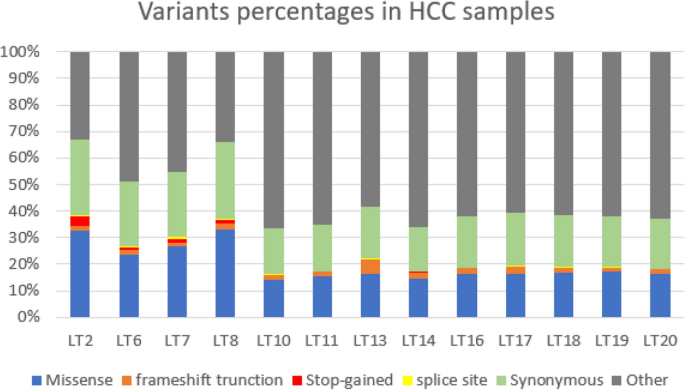
Effective capacity of delay constrained cognitive radio links exploiting primary feedback
In this paper, we analyze the performance of a secondary link in a cognitive radio (CR) system operating under statistical quality of service (QoS) delay constraints. In particular, we quantify analytically the performance improvement for the secondary user (SU) when applying a feedback based sensing scheme under the SINR Interference model. We leverage the concept of effective capacity (EC) introduced earlier in the literature to quantify the wireless link performance under delay constraints, in an attempt to opportunistically support real-time applications. Towards this objective, we study a two-link network, a single secondary link and a primary network abstracted to a single primary link, with and without primary feedback exploitation. We analytically prove that exploiting primary feedback at the secondary transmitter improves the EC of the secondary user and decreases the secondary user average transmitted power. Finally, we present numerical results that support our analytical results. © 2013 IFIP.



